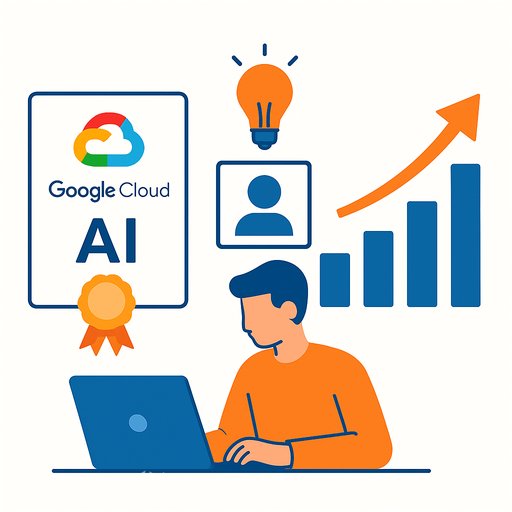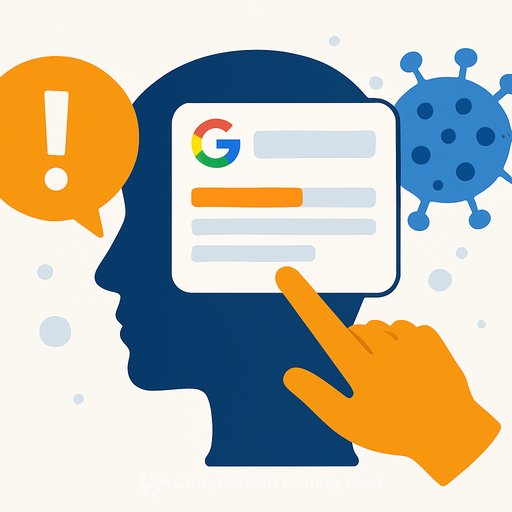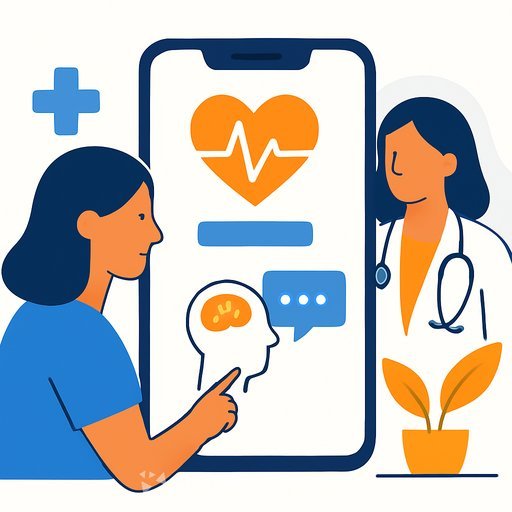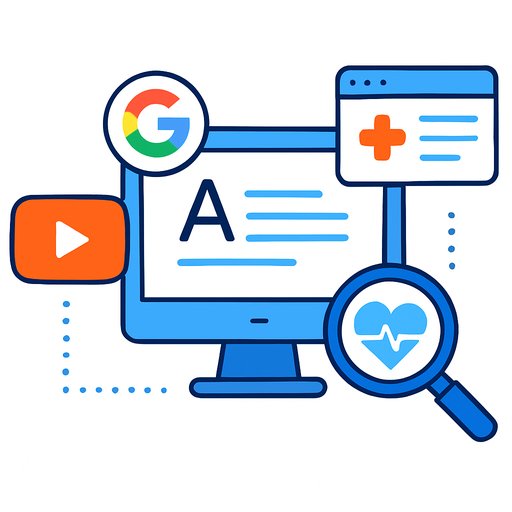Adtalem + Google Cloud Launch AI Healthcare Credential: What It Means for Clinicians and ATGE
Adtalem Global Education plans to launch a comprehensive AI credential for healthcare professionals in 2026, built with Google Cloud. It aims to upskill over 91,000 students and working clinicians across its institutions. The focus is clear: practical AI skills that improve care delivery, documentation, and operational efficiency without compromising safety or compliance.
Why this move matters for care teams
Most clinicians were never formally trained to use AI safely in clinical workflows. A hands-on credential-at scale-can standardize core skills, reduce ad-hoc experimentation, and make AI use measurable and auditable.
- Safe use of AI for documentation support, triage notes, and patient education
- Data privacy, security, and audit trails baked into daily practice
- Bias awareness, validation basics, and clear rules for clinical oversight
- Workflow integration that saves time instead of adding clicks
For hospital leaders and educators, a credible credential creates a common baseline across teams. It can also support CE planning, recruitment, and partnerships with health systems that want consistent AI literacy.
What the Google Cloud partnership signals
Google Cloud brings infrastructure, scale, and tooling that fit enterprise healthcare needs. Expect emphasis on interoperability, secure data handling, and model monitoring-key for clinical environments.
If you want a sense of the stack and services often used in healthcare, review Google Cloud's overview here: Google Cloud Healthcare API.
Benefits, with real risks to manage
The credential could lift enrollment, strengthen employer partnerships, and support Adtalem's growth story. But increased exposure to fast-moving AI adds operational and regulatory pressure.
- Execution: faculty upskilling, clinical validation, and consistent outcomes at scale
- Compliance: HIPAA, institutional policies, and clarity on decision support vs. decision making
- Model drift and quality: periodic revalidation and clear version control
- Competition: other educators and vendors will respond with their own programs
- Vendor dependence: avoiding lock-in and keeping portability in mind
The investment angle in plain terms
For those tracking ATGE, the initiative fits a healthcare-first growth thesis. With revenue forecasts up for 2026 and solid recent earnings, this program could add near-term visibility and new catalysts across enrollment and partnerships.
There is upside sentiment as well: some estimates suggest the stock may still trade below fair value by about 28%, with fair value ranges cited between US$171.50 and US$211.29. Treat those as signals, not guarantees, and weigh them against execution and competitive risk as the program rolls out.
How healthcare leaders and clinicians can prepare now
- List 3-5 high-friction tasks (documentation, inbox, education, handoffs) and assess where AI could safely assist
- Appoint clinical champions and set simple guardrails for acceptable use
- Update data policies, PHI handling, and audit requirements before pilots expand
- Request curriculum previews from Adtalem programs and map to CE credits and competencies
- Define success metrics: time saved per note, error rates, equity impact, and patient comprehension
- Budget for faculty training, model monitoring, and periodic revalidation
Want a broader view of AI learning paths?
If you're mapping roles, skills, and certifications across your organization, this directory can help you scan options and plan a skills ladder: AI courses by job.
Bottom line: A credible, hands-on AI credential at scale could set a new baseline for AI literacy in healthcare. If execution matches the promise, clinicians get time back, leaders get measurable outcomes, and ATGE gains a durable edge-while still facing the real work of safety, compliance, and proof at the bedside.
Your membership also unlocks:






